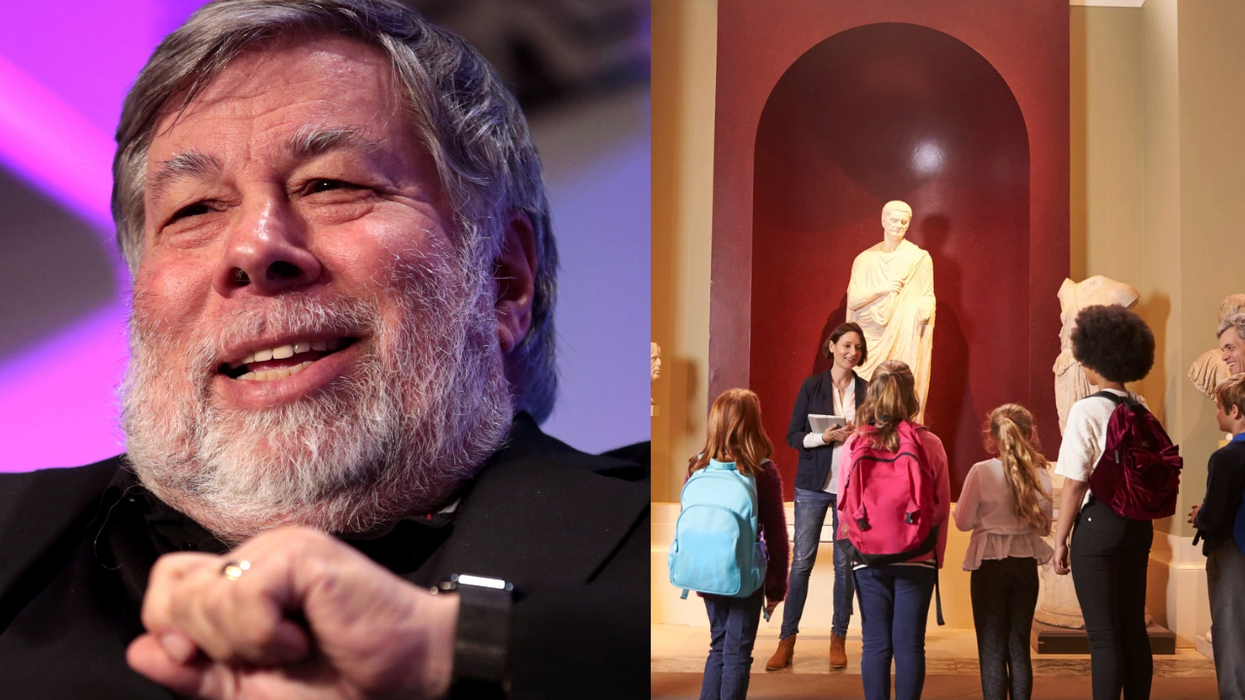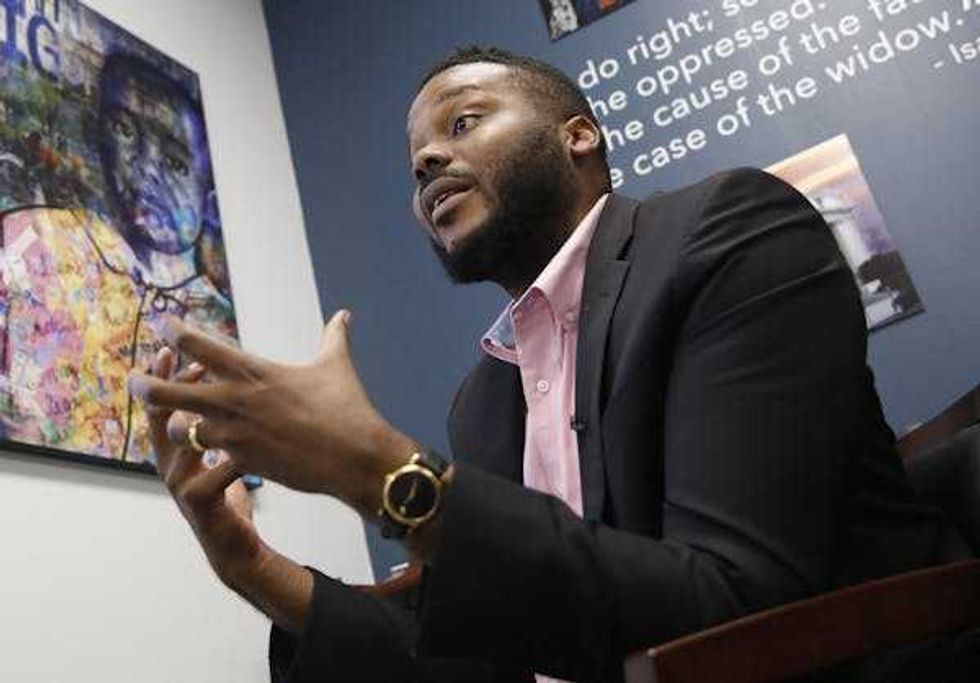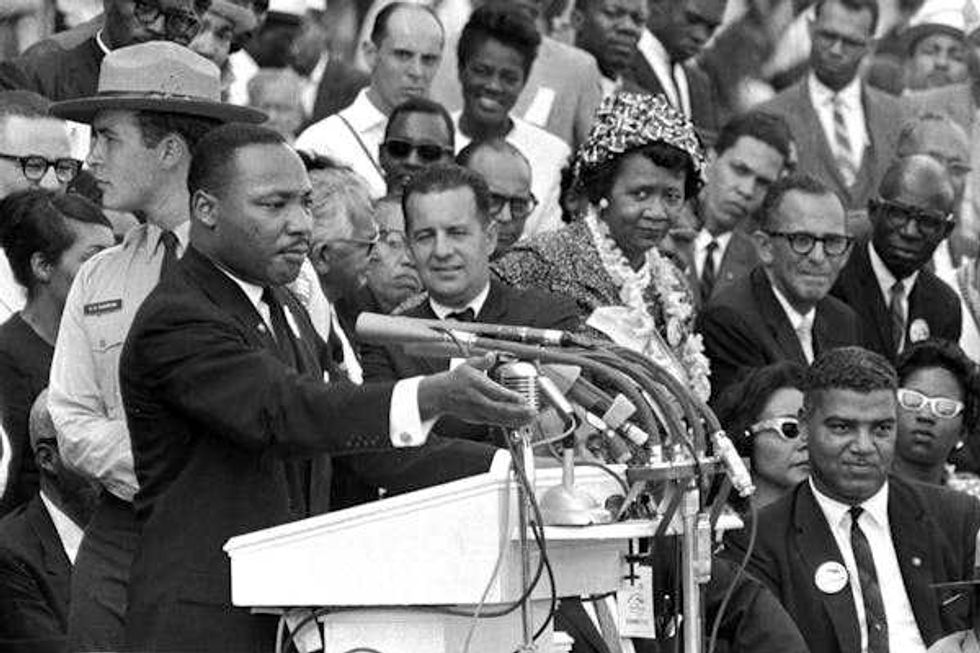Steve Wozniak, one of the top electronic engineers of his generation, cofounded Apple Inc. alongside Steve Jobs and Ronald Wayne. “Woz” as he’s affectionately called, was different from his two other co-founders, selling his stock in Apple in the 1980s. Had he kept the stock, there is no doubt that he would be significantly richer today, perhaps even becoming a trillionaire. A debate regarding this issue arose on an online message board, with critics arguing that Woz made a bad move. That’s when a rebuttal from Woz himself popped up.
The conversation occurred on a forum on Slashdot, a social news site that billed itself as “News for Nerds.” In the thread about Wozniak’s lawsuit against Internet scammers, commenters engaged in a discussion about whether Wozniak would be a multi-billionaire today if he hadn’t sold his stake in Apple in the 1980s. One comment read, “Smart man. Great engineer. Bad decision. Happens to all of us.” Little did they know that Wozniak was lurking in the forum.
@charoff_show ❤️🔥Steve Wozniak - begin with passion and love! 🗣️Follow @charoff_ads for more! #successmentor #motivationvideos #marketingadvice #businessinsider #wisdomquote #SteveWozniak #apple
It turns out that Wozniak was still an active reader of Slashdot and decided to browse the forums on his 75th birthday. Wozniak still had an active account, one that was created when he did a Q&A for readers in the forum back in 2012. While he had barely posted himself since then, he saw this critique of his early sale of Apple stock and decided to weigh in on his “bad decision” with an eye-opening retort.
"I gave all my Apple wealth away because wealth and power are not what I live for,” Wozniak wrote. “I have a lot of fun and happiness. I funded a lot of important museums and arts groups in San Jose, the city of my birth, and they named a street after me for being good. I now speak publicly and have risen to the top. I have no idea how much I have, but after speaking for 20 years it might be $10 million plus a couple of homes. I never look for any type of tax dodge. I earn money from my labor and pay something like 55% combined tax on it. I am the happiest person ever. Life to me was never about accomplishment, but about happiness, which is smiles minus frowns. I developed these philosophies when I was 18 to 20 years old, and I never sold out."
@steveotv Buying a MacBook With Steve Wozniak, Co-Founder Of Apple #apple #stevejobs #applestore
Wozniak pointed out that while he wasn’t the richest of the rich, he was still rich, both in life and in his bank account. He saw value in what he could do to help and what he could enjoy with the money he had, rather than in holding onto his Apple stock.
Bear in mind, a great portion of us would likely be happy, too, if we ended up as multi-millionaires like Wozniak. While the saying goes, “Money doesn’t buy happiness,” it can ease stress, cover basic needs, and solve many everyday problems—making most people considerably happier than they are now.
But then the question is no longer, “Does money provide happiness?” but “How much money provides happiness?” Along with that, “Is there a cap on where money just can’t make a person happier?”
“How much money provides happiness?”
There’s no real concrete number in your bank account that can guarantee happiness, but there are some interesting benchmarks. According to a 2023 study, Millennials overwhelmingly stated that they would need over $500,000 to be happy, whereas Boomers, Gen X, and Gen Z all quoted ranges under $200,000. While each generation has its challenges, a theory suggests that the Millennial generation’s higher price range for happiness is largely due to their struggle to achieve certain life milestones, such as owning a home and raising children, while also dealing with student debt.
The amount of money you’d need to be happy can also depend on where you live and what trade-offs you’re willing to make. If you love the beach, you won’t love that it costs an average salary of $188,160 to be happy and have your needs met in Hawaii, whereas you’d only need slightly under $90,000 to be living well and happy in West Virginia. There are also differences in cost depending on whether you live in a city, a town, or a rural community within each state.
“Is there any point in which money doesn’t impact happiness?”
There’s no clear answer to this question either, as people’s needs and situations differ from person to person; however, there is a general guideline. A 2022 University of Virginia study found that most indicators of happiness related to finances plateaued when a person earned more than $500,000. That said, the majority of people who participated in that study didn’t earn that much. However, the data showed that while the quality of life and well-being continued to improve among the participants as their annual income increased, overall happiness started to plateau around the $100,000 range and didn’t increase significantly from there.
@theicedcoffeehour Why Money DOESN'T Buy Happiness #happiness #lifelessons #moneytok
It’s also important to consider all the other elements that contribute to a person’s happiness, such as relationships, family, community, health, and the like. The 2025 World Happiness Report ranks over 140 countries based on their happiness, considering several factors. They don’t ask the participants if they’re happy, but instead analyze factors such as the country’s GDP, average life expectancy, and generosity. One striking element to note is that while the United States has the fourth highest GDP per capita among all the other countries in the report, it ranks 24th in overall happiness.
While finances and pursuing more money are indeed important, it’s also important to recognize that they’re a part in growing your happiness and shouldn’t be the sole focus. As Steve Wozniak has shown, there are many different ways and perspectives that make a person truly rich.


















 As mayor of Stockton, Calif., Michael Tubbs ran a pioneering program that provided a basic income to a limited number of residents.
As mayor of Stockton, Calif., Michael Tubbs ran a pioneering program that provided a basic income to a limited number of residents. Martin Luther King Jr. believed Americans of different racial backgrounds could coalesce around shared economic interests.
Martin Luther King Jr. believed Americans of different racial backgrounds could coalesce around shared economic interests.





